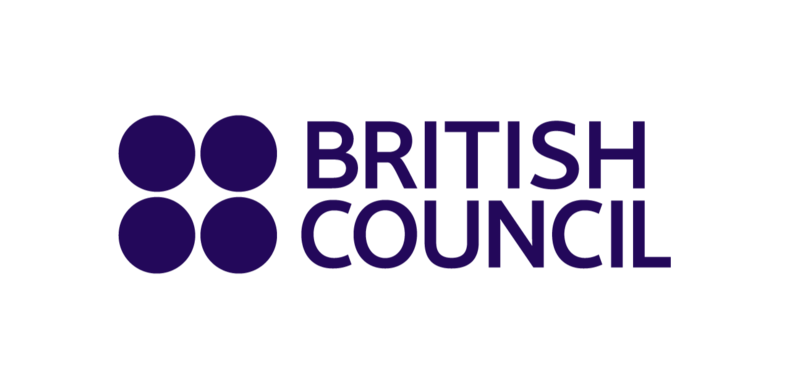This Workshop was funded as part of the many activities the British Council is
delivering in the run up to COP26 (the 26th United Nations Climate Change Conference of the Parties) which takes
place in Glasgow in November 2021. The aim is to harness the power of people all over the world – particularly young
people and those most vulnerable to the effects of climate change – to connect and collaborate through culture and
education to combat climate change.
Addressing the challenges of climate change is critical for promoting global sustainable development. Climate
Challenge Workshop grants are designed to provide financial support to bring together a UK and Indonesia bilateral
cohort of early career researchers (ECRs) to take part in virtual interdisciplinary research workshops. The
workshops offer a platform to stimulate and discuss innovative research ideas and encourage sustainable
collaborations across disciplines.
It will deliver a balanced programme specifically aimed at early career researchers (ECRs) from Indonesia and the UK, with the following objectives:
- Enable networking and mutual research exchange between ECRs from the UK and Indonesia, via the effective use of online platforms (online profiles, speed networking, break-out sessions) and post-Workshop activities.
- Deliver a climate change workshop containing a mixed programme of ECR talks, plenaries, breakout sessions and training sessions
- Train ECRs in contemporary issues around climate change, with a balanced programme including the underlying scientific causes and effects of climate change, potential technological solutions and the broader socioeconomic consequences.
- Identify the top climate-range ECRs in Indonesia and the UK, and award them Research Prize and Dissemination Awards
- Mentor ECRs prior to the workshop to upskill and increase their capacity to bid for the Research Prizes, and continue that mentor relationship during the delivery of the projects.
The objectives of this workshop are to increase capacity, undertake training and
promote research cooperation and impact, achieved through plenary lectures and training sessions given by experts,
as well as fund dissemination activities and joint research projects. In general, the objectives are:
- Explain the causes and the role that Indonesia has on climate change, locally and globally, across different
economic sectors (e.g transport, energy, industry, tourism, household).
- Explain the social and economic impact that climate change will have on Indonesia.
- Explain potential solutions to reducing the causes of Indonesian driven climate change, such as battery
backed renewable energy or electrification of transport.
- Identify scalable battery and renewable energy technology that can tackle climate change.
- Elucidate the wider environmental impact of solutions to climate change (e.g pollution from mining,
deforestation and displacement of indigenous people for hydroelectric power, carbon capture etc).
- Ensure that ECRs understand the proposed solutions must be of net benefit to climate change and the
environment, by taking into account the full environmental cost.









